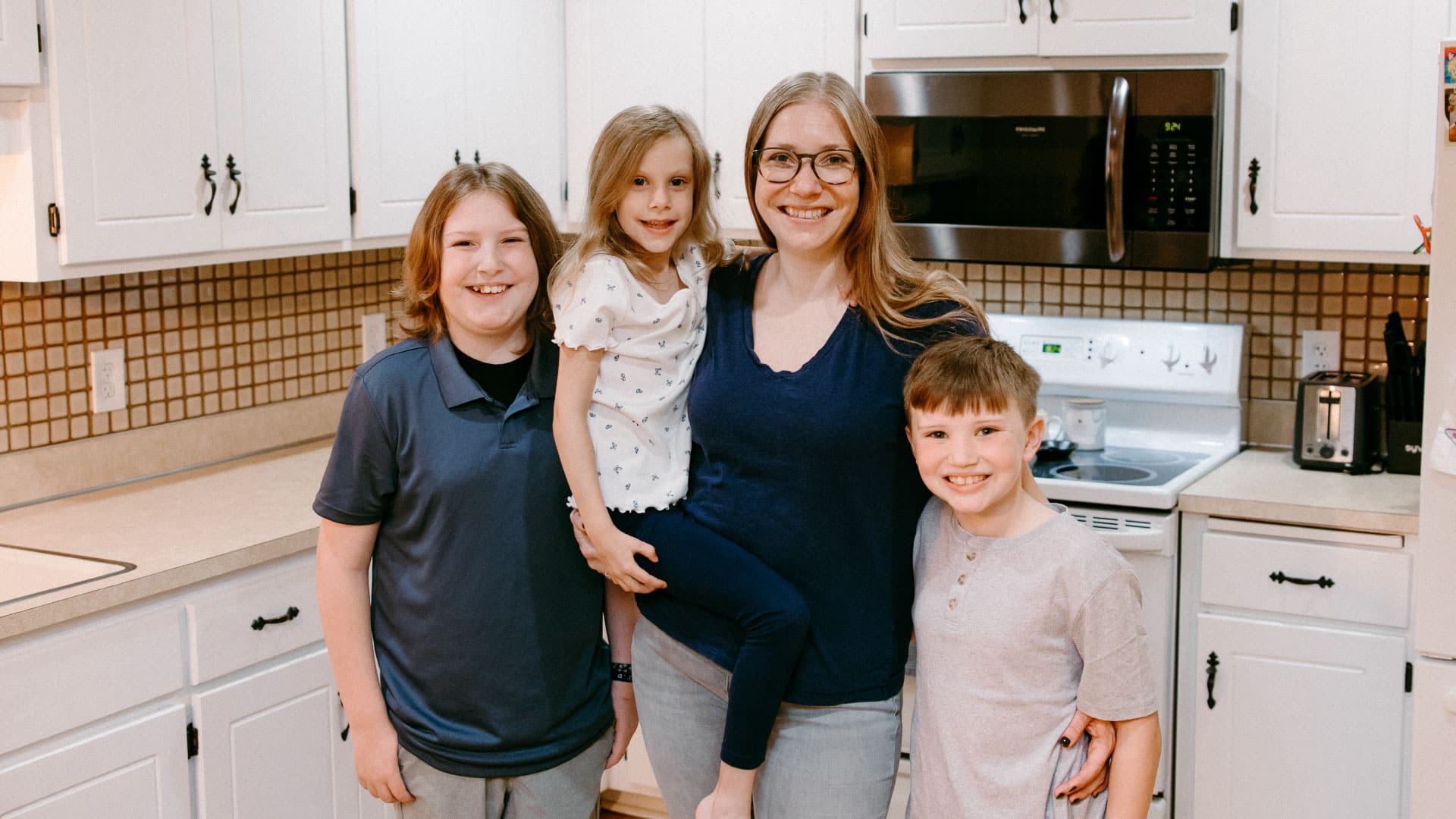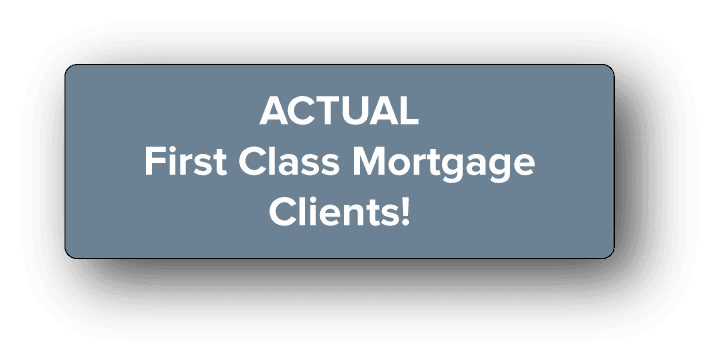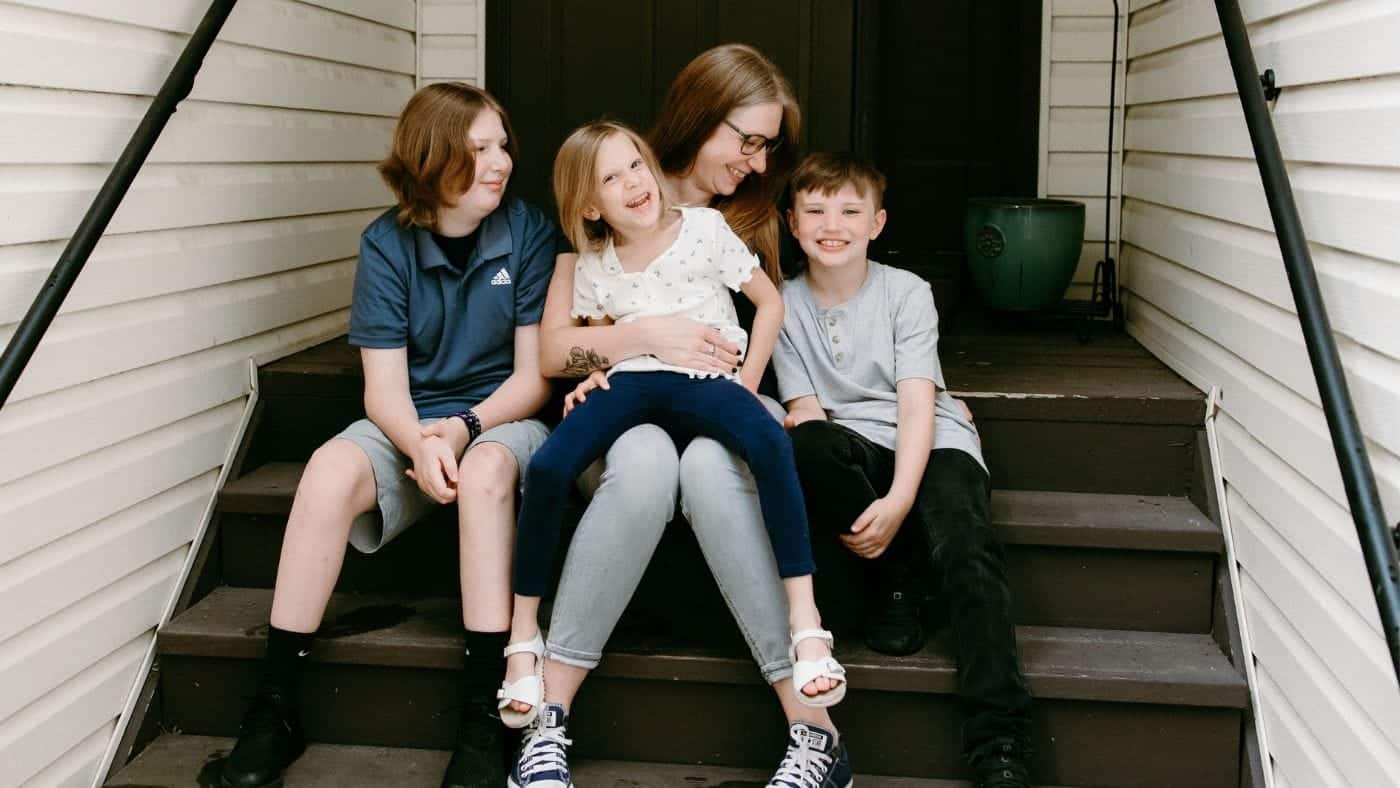Key Takeaways
- Rural Minnesota is affordable, peaceful, and community-centered.
- Small towns offer diverse lifestyles, from lakefront cabins to farmland.
- Cost of living and housing are significantly lower than metro areas.
- Rural towns provide excellent environments for raising families.
- Financing a home may involve USDA loans or rural mortgage programs.
- Healthcare, trades, education, and remote work are common job options.
- Working with a local lender like First Class Mortgage helps you understand your financing options in rural areas.
Rural Minnesota: What to Know About Life, Living, and Homeownership
Minnesota is known for its 10,000 lakes, rich cultural heritage, and thriving metro hubs—but beyond the Twin Cities lies a quieter, often overlooked landscape: rural Minnesota.
From small farming towns to scenic lake communities, rural Minnesota offers a slower pace of life, strong communities, and surprisingly diverse opportunities. Whether you’re considering a move, starting a family, or buying a home for the first time, this guide will help you explore all that rural Minnesota has to offer.
What Defines Rural Minnesota?
Rural Minnesota includes the vast areas outside major metro centers like Minneapolis-St. Paul, Duluth, and Rochester. It’s made up of small towns, unincorporated communities, farmland, forest regions, and recreational areas.
These areas often feature:
- Populations under 10,000
- Local school districts and volunteer fire departments
- Locally owned shops, diners, and co-ops
- Farmland, forests, lakes, and wildlife
Counties like Otter Tail, Beltrami, Pope, and Wadena are prime examples of rural Minnesota—quiet but full of life.
Why Are People Choosing to Live in Rural Minnesota?
Urban life has its perks, but many Minnesotans are opting for rural communities for reasons like:
- Lower housing costs and property taxes
- Peace and privacy
- Safer neighborhoods with tight-knit communities
- Greater access to nature, hunting, fishing, and hiking
- Space to grow—literally and figuratively
Remote work has also made rural living more accessible, allowing families and professionals to live where they love and still earn a solid income.
What Is the Cost of Living in Rural Minnesota?
Cost of living is one of rural Minnesota’s biggest draws. In many small towns, you’ll find:
- Lower home prices than the metro average (sometimes well under $200,000)
- Minimal traffic and free parking
- Affordable groceries and services from local suppliers
- Lower taxes in many counties
You’ll get more space, more peace, and more home for your money—especially if you work with a mortgage team that understands local financing options.
What Are the Best Towns in Rural Minnesota?
While “best” depends on your lifestyle, here are some standout rural towns:
- Lanesboro – A scenic arts town in southeastern MN with biking trails and B&Bs
- New London – Great for lakeside living and creative communities
- Fergus Falls – Offers healthcare access, good schools, and a growing arts scene
- Ely – A gateway to the Boundary Waters, ideal for nature lovers
- Little Falls – Rich in history, with a quiet river-town charm
From agriculture to recreation, each rural town brings something unique to the table.
Is Rural Minnesota a Good Place to Raise a Family?
Yes—many parents choose rural Minnesota for its safety, community involvement, and outdoor lifestyle.
Benefits for families include:
- Smaller class sizes in schools
- Low crime rates
- Youth sports, 4-H clubs, and civic engagement
- Room to roam, play, and learn outside the screen
It’s a great environment for raising resilient, well-rounded kids.


What Are the Housing Options Like in Rural Minnesota?
Housing options range from traditional single-family homes and hobby farms to cabins, manufactured homes, and historic properties.
Here’s what to consider:
- Older homes may need updates but are more affordable
- Land purchases can allow for custom builds or hobby farming
- USDA loans and rural financing programs may be available
- Wells and septic systems are common and require maintenance knowledge
Working with a mortgage lender who understands rural real estate can make a big difference in your homebuying experience.
What Should You Know About Rural Mortgages and Financing?
Financing a rural home is slightly different than in urban or suburban areas. Common mortgage options include:
- USDA Rural Development Loans – Zero-down financing for eligible properties
- FHA and Conventional Loans – Available in most rural areas
- VA Loans – For qualifying veterans, with no down payment required
- Refinancing and custom options through local lenders like First Class Mortgage
Each program has specific rules for property type, location, and income eligibility. It pays to have a local mortgage expert on your side.


What Is the Job Market Like in Rural Areas?
Job opportunities vary by region. Common industries in rural Minnesota include:
- Agriculture and food production
- Healthcare and nursing
- Education
- Trades (electrical, HVAC, construction)
- Remote work in tech, design, customer support, and more
Some towns are also investing in broadband expansion and small business development to bring more jobs to rural communities.
What Is the Lifestyle Like in Rural Minnesota?
Expect a lifestyle that values connection over convenience. In rural Minnesota, you’ll find:
- Community events, fairs, and festivals
- Local diners where everyone knows your name
- Slower pace and fewer distractions
- Year-round outdoor activities like ice fishing, ATV trails, and gardening
Life may not move as fast—but it’s deeply rewarding.
Thinking of Buying in Rural Minnesota?
Let First Class Mortgage help you find the right loan for the right property.
Call (763) 416-6789 or schedule a call today for personalized, local advice.
First Class Mortgage
First-class service. First-class knowledge. A first-class experience. We are staffed and operated by people who understand that each customer is special and individual attention is necessary to satisfy each unique financial situation. That’s why at First Class Mortgage, we have simplified the mortgage process.
Locally owned. Connected nationwide.


